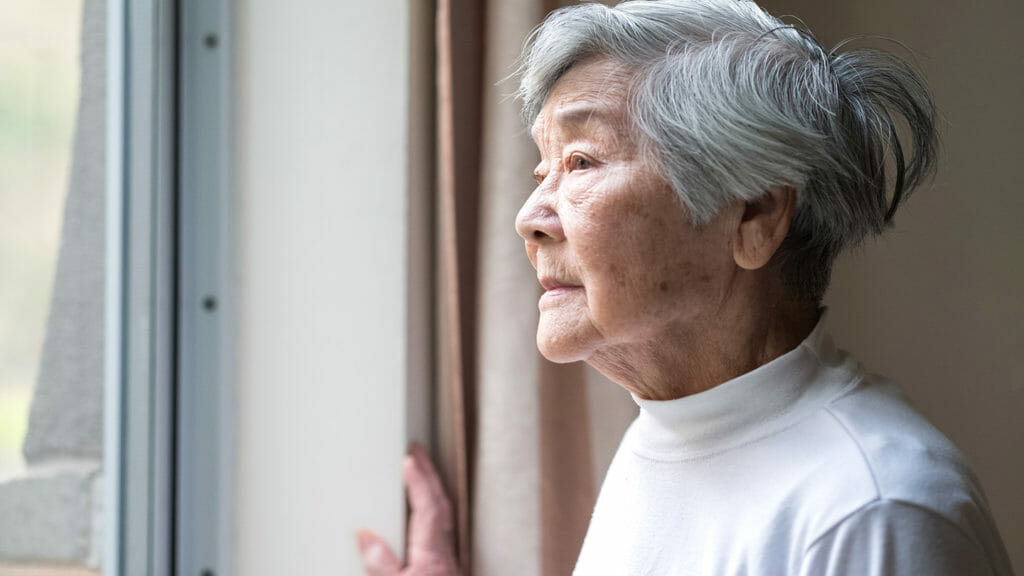
Faced with steep Medicaid reimbursement shortfalls, one 90-year-old facility believes its only way forward is to cut back more than half of its available long-term care beds.
Leaders of Scandinavian Communities in Cranston, RI announced the measure last week in a letter to residents’ families. They described “significant operating losses” and ongoing financial woes that would make continuing to operate the facility “unsustainable.”
“This decision is necessary in order to ensure the long-term survival of our organization,” they wrote in the letter, dated March 12. “Scandinavian Communities will maintain focus on our assisted living and rehabilitative services, which have been at the core of our missions for over 90 years and will not be affected by this change.”
The cuts will affect 40 beds, out of the facility’s previous total of 74. The letter’s authors — Scandinavian Communities’ Executive Director and nursing home Administrator — said the planned cuts would take place over a 30- to 45-day period, effective March 12. During that time the facility and the Rhode Island Long-Term Care Ombudsman will work with residents and employees to find new accommodations.
Statewide concerns
The challenges faced by Scandinavian Communities are indicative of those faced by facilities throughout Rhode Island, said James Nyberg, executive director of LeadingAge Rhode Island.
At least one other nonprofit facility has recently undergone similar long-term care cuts, he told McKnight’s Long-Term Care News, and other homes have resorted to closing wings and other steps to reduce their number of beds.
“The shrinking access is a concern given the impending influx of baby boomers entering their 80s, when they are more likely to need skilled nursing services,” Nyberg told McKnight’s. “We are working with state officials to try and mitigate this crisis by providing additional funding for nursing home providers.”
Years of chronic underfunding and increased costs have forced some nursing homes to operate in the red and made it difficult to attract and retain staff. The gap between the cost of providing care and Medicaid reimbursements is now about $70 per resident per day, according to Nyberg. That number has nearly tripled since 2019, he added.
At least six Rhode Island nursing homes have closed since 2022, and three entered receivership in the same period. Meanwhile, despite passing one of the strictest state staffing mandates in the nation, Rhode Island’s nursing home workforce has shrunk — prompting Governor Dan McKee (D) to issue an emergency executive order halting all fines for violating the mandate’s requirements.





